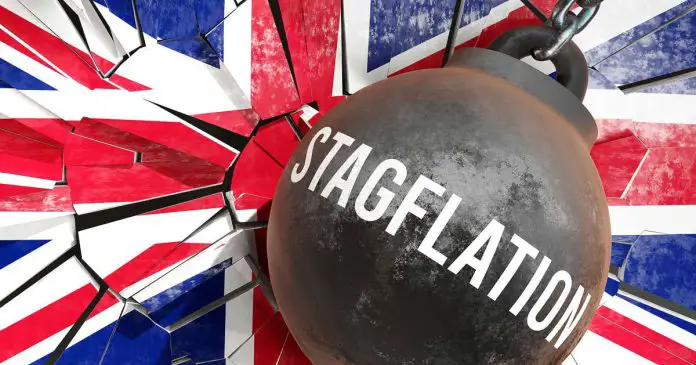After a turbulent year both politically and economically, the CBI’s outlook for the economy strikes a somber tone as we go into 2023. The Prime Minister and Chancellor have stabilized financial markets but must act to boost long-term growth according to the latest CBI economic forecast.
Economic growth can only come from increasing productivity and maximising our workforce. When fiscal and monetary policy is tight, Government must use all levers at their disposal to move the UK economy beyond this current trajectory.
This includes addressing skill and worker shortages and unlocking business investment through capital allowances and regulatory changes, such as removing the de facto ban on onshore wind, improving mobility to facilitate trade in services and updating the national planning policy framework.
With three-quarters of firms facing shortages, we need a joined-up plan that addresses this. This should include co-ordinated action to enable upskilling and automation across businesses to ease pressures, as well as reducing economic inactivity, supported by a more flexible immigration system.
In addition, Government must act now to boost business investment and when the fiscal environment allows, they should look to introduce a permanent full allowances regime to unlock an extra £50bn in capital investment per year by the end of the decade.
The economy is likely to have fallen into a recession in Q3 2022, when GDP shrank by 0.2%. We expect the recession to last until the end of 2023 – as a result, we have downgraded our GDP growth outlook significantly, to -0.4% in 2023 (from 1.0% in our last forecast).
High inflation is at the heart of weaker economic activity. We expect CPI inflation to have peaked in October (at a 40-year high of 11.1%), and to fall gradually over the coming year. But it will remain significantly above the Bank of England’s 2% target over 2023, ending the year at 3.9%.
This means that the squeeze on households seen this year persists into 2023, leading to a year-long decline in consumer spending.
The weakness in household spending also weighs on other areas of the economy. In particular, business investment continues to disappoint, falling from mid-2023 onwards, hit by the recession and the government’s super deduction coming to an end.
The outlook improves in 2024, when the economy grows by 1.6%, thanks to inflation falling back further and the squeeze on household incomes alleviating. The recovery in household spending also lifts business and residential investment.
But despite the return to growth, longer-term economic prospects remain lacklustre. Productivity remains subdued in our forecast – by the end of 2024, we expect output per worker to remain 2% below its (already weak) pre-COVID trend, and 19% below a continuation of its pre-financial crisis trend.
Similarly, another bout of weakness in business investment leaves it still 9% below its pre-COVID level at the end of 2024.
This combination of prolonged weakness in productivity and investment, alongside another recession, leave their mark on the UK economy. By the end of our forecast, UK GDP remains 8% below its pre-COVID trend (from 2010 to 2019), and 27% below its pre-financial crisis trend.
Tony Danker, CBI Director-General, said:
“Britain is in stagflation – with rocketing inflation, negative growth, falling productivity and business investment. Firms see potential growth opportunities but a lack of “reasons to believe” in the face of headwinds are causing them to pause investing in 2023. Government can change this. Their action or inaction to support growth and investment will be a key determinant of whether recession is shallow or deep.”
“We will see a lost decade of growth if action isn’t taken. GDP is a simple multiplier of two factors: people and their productivity. But we don’t have people we need, nor the productivity”
“There is no time to waste. The Prime Minister and Chancellor must use levers of growth to ensure this downturn is as short and shallow as possible, but also to address the persistent weakness in investment and productivity. We cannot afford to have another decade where both are stagnant”







